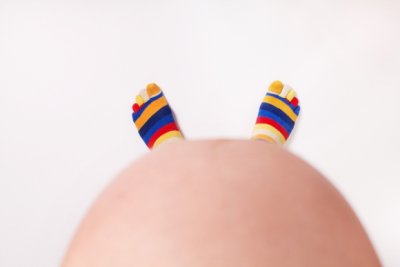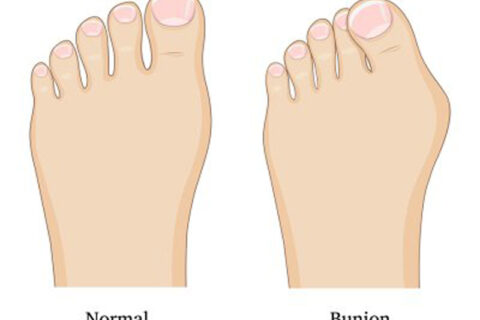How Pregnancy Affects Your Feet
When you get pregnant, you may anticipate changes like morning sickness and cravings, but you are likely to be unprepared for the way pregnancy can affect your feet. Weight gain and hormone fluctuations can have a dramatic impact on your foot health in Houston , but a foot specialist can help you cope with any symptoms that interfere with your daily life. Here is a look at the way s in which pregnancy may change your feet and when you should see a foot doctor.

Size Changes
Experiencing a change in feet size is extremely common during pregnancy and is especially likely during the third trimester, when the hormone relaxin is present. Relaxin helps to prepare your pelvic ligaments for childbirth but also causes your foot ligaments to flatten and stretch. During this time of your pregnancy, you may go up an entire shoe size. Resist the urge to try to cram your feet into shoes that don’t fit, which can exacerbate your swelling and cause discomfort and bunions. Look for shoes with square or round toes and ensure your shoes are wide enough not to squeeze your feet. When you are buying new shoes, shop late in the day when your feet will be at their largest. If you develop bunions, see a foot doctor for treatment.
Cramps
Cramps can occur in the legs, feet, and ankles during pregnancy. These cramps are often the result of getting too much phosphorus in your diet—which can be the result of drinking diet soda—or not getting enough potassium. Try snacking on banana chips to increase your potassium intake, and take a walk to boost your circulation. A hot water bottle can help with lingering pain after intense cramps.
Swelling
Raised hormone levels during pregnancy contribute to swelling as your body hangs on to extra fluid to nourish your growing baby. Whenever possible, elevate your feet above your heart to reduce swelling. Icing your ankles may also help. See your foot doctor for severe swelling, which could be a sign of more serious blood pressure issue called preeclampsia.

